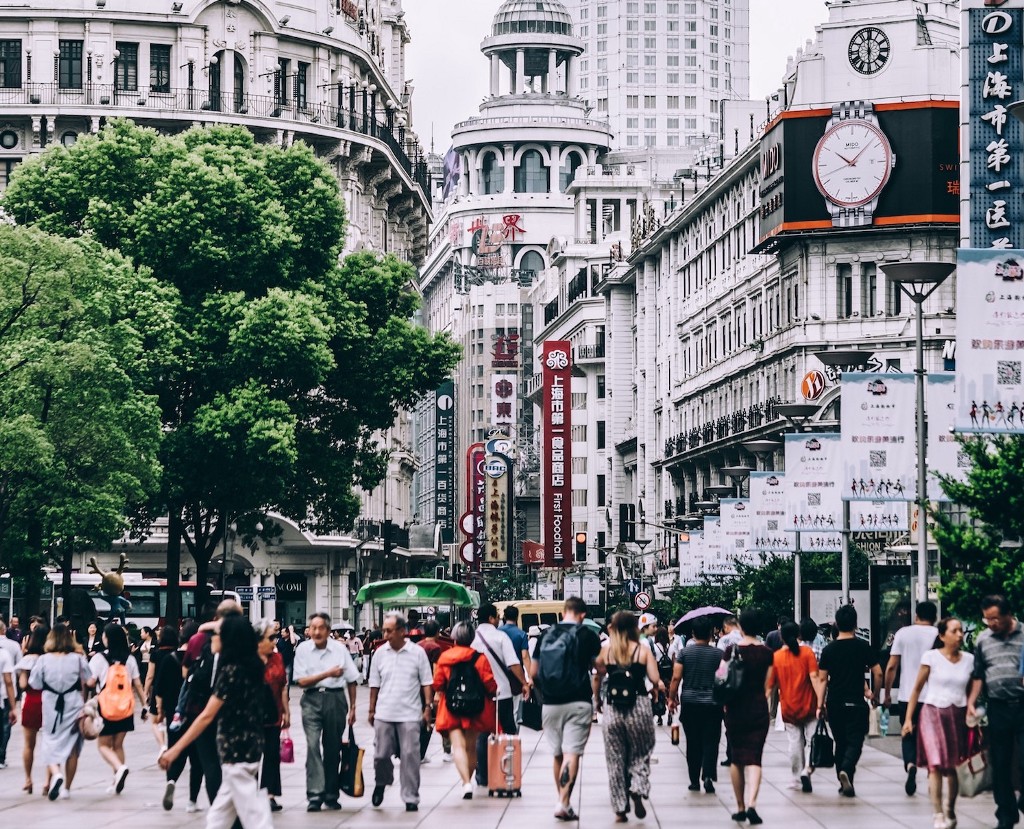Greetings, ImpactAlpha readers!
#Featured: ImpactAlpha Voices
Lessons from 1,000 U.S. fintech companies. More than half of American adults — about 138 million — have difficulty managing their daily financial lives. A new wave of fintech startups are using increasingly sophisticated technology and social media to target overlooked populations with helpful tools, some provided by employers as benefits to their workers. Globally, fintech investments increased ten-fold to $12 billion between 2010 and 2015.
The Financial Solutions Lab, an initiative from the Center for Financial Services Innovation and JPMorgan Chase, has reviewed more than 1,000 applications. The more than two dozen the lab has supported with capital, mentorship and other resources include EverSafe, which protects elders against fraud and identity theft; Propel, which helps food stamp recipients manage their spending; and Nova Credit, which helps immigrants build a credit history. Next steps: greater diversity and a focus on low-income families. “There are still too few winning applicants from outside of Silicon Valley, too few women, and too few people of color,” write JPMorgan Chase’s Colleen Briggs and Financial Solutions Lab’s Ryan Falvey. “The more diverse the pool of innovators, the more diverse — and more effective — the range of possible solutions.”
Read, “Financial Solutions Lab: What we’ve learned from 1,000 fintechcompanies” by Colleen Briggs and Ryan Falvey on ImpactAlpha.
Financial Solutions Lab: What we’ve learned from 1,000 fintech companies
#Roundups: 2017 in Review
Catch up with ImpactAlpha’s 2017 roundups:
#Dealflow: Follow the Money
SHEROES acquires Babygogo to expand community for working Indian women. Sairee Chahal launched SHEROES in 2014 to provide job and work-life balance support to professional Indian women. Nearly half of Indian womenleave their professions mid-career for child or eldercare responsibilities. SHEROES is an online community with 20,000 members that helps women find flexible, contract, part-time and work-from-home jobs. Babygogo, based in Delhi provides day-to-day parenting advice; co-founder Siddhartha Ahluwalia said that the acquisition “is an indicator that our community does seek support around aspects that go beyond their identity as mothers.” The terms of the deal were not disclosed. SHEROES has raised two rounds of funding and is on an acquisition streak. The company previously acquired chat and SMS-based counseling service LoveDoctor and Gharkamai, a service that helps women find work-from-home gigs.
Paytm launches open-source incubator for Indian developers. The Indian e-payments company wants to support developers in education and financial inclusion, as well as popular tech sectors like machine learning and virtual reality. The “Indian Open Source Project Incubator” is part of Paytm’s “Build For India” initiative. “In our country, we use a lot of open source projects but do not contribute back enough to the developer community,” Paytm’s Deepak Abbot said. All of the projects supported and developed through the incubator will be shareable among all participants.
Seven off-grid energy ventures share $1.2 million from IEEE. The engineering professional association awarded the funding in late December as part of its Smart Village competition for community-level power services. Winners include Africa Development Promise in Uganda, which combines women’s entrepreneurship, technical skills training, and solar-powered agricultural equipment; and PNG Community Transformation Center in Papua New Guinea, which deploys solar microgrids to power rural community centers. The seven winners, from a pool of 30 applicants, were selected on their potential to impact at least one million people in five years. “Clean, reliable electricity in a sustainable, scalable business model is key to enabling a better quality of life,” said Ray Larsen of IEEE Smart Village. The program aims to help 50 million people in off-grid communities by 2025.
See all of ImpactAlpha’s recent #dealflow. Send deal tips and news to [email protected].
#Signals: Ahead of the Curve
SV99 points to high-growth, high-impact Chinese investment opportunities. Cross the world’s second-largest economy with global social and environmental goals and you may find high-growth, high-impact investment opportunities. That’s what the Social Value 99, a list of publicly listed Chinese companies ranked by economic, social and environmental, is intended to showcase. The China Alliance of Social Value Investment, a Shenzhen, China-based social finance nonprofit, built the assessment based on the U.N. Sustainable Development Goals and China’s five development principles — innovation, cooperation, green, openness and sharing — in collaboration with United Nations Social Impact Fund, Investment Association of China and 40 other domestic and international organizations. Topping the list were the Chinese State Construction Engineering Corp., China Yangtze Power Co. and Zhejiang Chint Electrics Co. In an 18-month simulation, the SV 99 outperformed major Chinese stock market indices.
#2030: Long-termism
Metro migration. City populations are growing and rural populations are shrinking. By 2030, 60% of the world’s people will live in cities; by 2050, the figure is likely to be 70%. Nearly a quarter of the world’s population in 2030 will live in a city with more than one million people. Nine of the 10 most populous cities in 2030 will be in Asia and Africa (the exception is Mexico City); they will all have more than 23 million people.
Not all cities are created equal, however. Large countries like China, India, and the U.S. have urban populations spread across multiple geographic areas. By contrast, in 28 countries, there’s one big metro center where as much as 40% of the urban population lives. Several are in areas prone to political instability and conflict, including Kabul, Afghanistan and Mogadishu, Somalia. Others are highly vulnerable to natural disasters and climate change. Before Hurricane Maria, San Juan, Puerto Rico was home to 72% of the island’s residents. According to a data booklet on cities by the U.N., 56% of global cities with populations of 300,000 or more are at risk of natural disasters. Collectively, they are home to more than 1.4 billion people.
Onward! Please send news and comments to [email protected]











